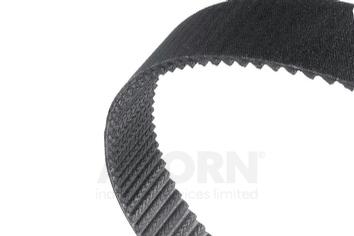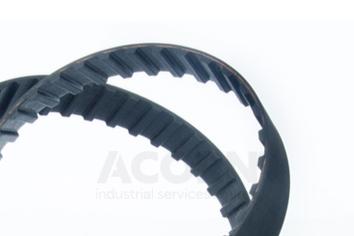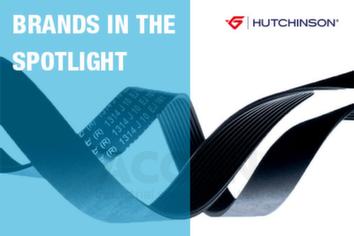- $USD
- SALES TEL: +44 (0)1709 789 933
- Contact us
- Services
- Log in

Protorque® Timing Belts are engineered for precision applications that require synchronized movement between components. These belts are designed with teeth that mesh with corresponding grooves on pulleys, ensuring exact timing and eliminating slippage, which is critical in high-precision mechanical systems.
Protorque timing belts deliver performance that you can depend on, with up to 99% efficiency.


PROTORQUE timing belts are toothed, synchronous belts. The teeth of these belts help to prevent slippage as they mesh with the teeth of the timing pulley, making these belts a highly efficient option with up to 99% efficiency.
The most common use of PROTORQUE timing belts is within the engine of a vehicle such as a car, van or lorry. However, they are also frequently used on industrial machinery across all industries, such as within printers and manufacturing equipment.



Typically, these belts are constructed from high-strength materials like reinforced rubber or polyurethane. They often feature cords made of fiberglass, Kevlar, or steel for added strength, flexibility, and durability.
They are generally low-maintenance compared to chains or other mechanical drives. Routine inspection for wear, tension adjustments, and ensuring a clean operating environment can help maximise their lifespan.
Metric timing belts offer precise fitment with metric-sized pulleys, aligning with international standards. This makes them ideal for global manufacturing applications and equipment compatibility, especially when using metric dimensions.
Signs that a timing belt needs replacement include visible cracks, fraying, uneven wear, teeth deformities, or if it begins slipping. It's recommended to follow the manufacturer's guidelines for service intervals.